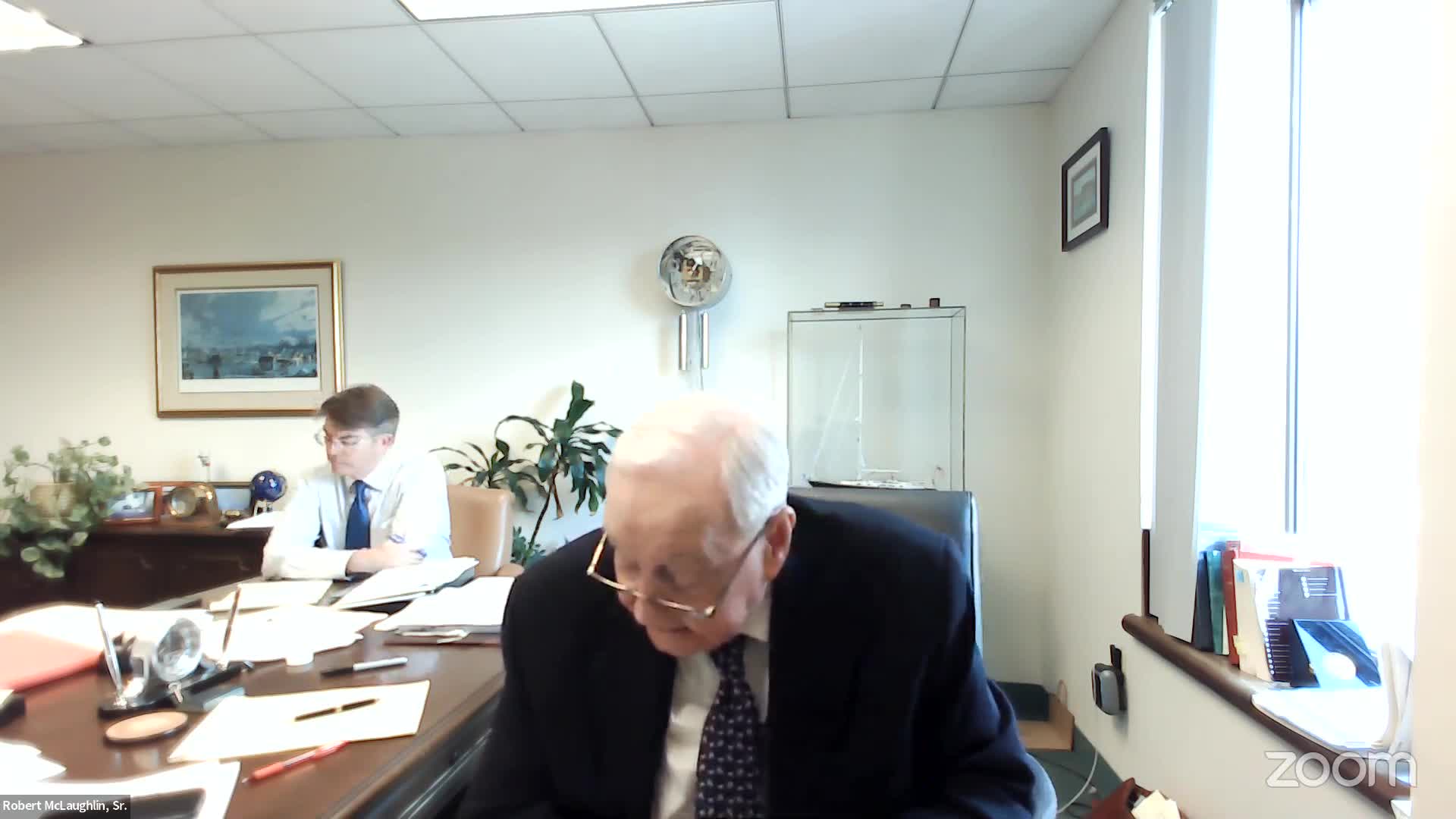Zoning Battle Erupts Over Short Term Rental Regulations
July 11, 2024 | Nantucket County, Massachusetts

This article was created by AI summarizing key points discussed. AI makes mistakes, so for full details and context, please refer to the video of the full meeting. Please report any errors so we can fix them. Report an error »

In a recent government meeting, significant discussions centered around the regulation of short-term rentals, particularly in light of a notable court case known as the Stella case. The case established a clear distinction between short-term and long-term rentals, which has implications for local zoning laws. Attorney Cook proposed a new classification termed \"vacant use,\" which was met with skepticism, as critics argued that the concept contradicts the very definition of vacancy.
The meeting highlighted concerns regarding the practicality of tracking short-term rental days against personal use, as suggested by Attorney Cook. Critics pointed out that relying on income tax returns to determine rental usage would be unworkable and could lead to legal challenges over privacy issues. The complexities of tax deductions related to rental properties were also discussed, with concerns that such a system could incentivize owners to misreport their rental days to maximize deductions.
Another key point raised was the fairness of establishing rental caps based on historical usage. Critics argued that this approach could disadvantage new owners or those facing life changes, preventing them from utilizing their properties for short-term rentals. The meeting concluded with references to Judge Vay's previous rulings, emphasizing that local boards must develop their own rationales for decisions rather than relying on judicial interpretations.
Overall, the discussions underscored the ongoing debate over short-term rental regulations, balancing property rights with community standards and the need for clear, enforceable guidelines.
The meeting highlighted concerns regarding the practicality of tracking short-term rental days against personal use, as suggested by Attorney Cook. Critics pointed out that relying on income tax returns to determine rental usage would be unworkable and could lead to legal challenges over privacy issues. The complexities of tax deductions related to rental properties were also discussed, with concerns that such a system could incentivize owners to misreport their rental days to maximize deductions.
Another key point raised was the fairness of establishing rental caps based on historical usage. Critics argued that this approach could disadvantage new owners or those facing life changes, preventing them from utilizing their properties for short-term rentals. The meeting concluded with references to Judge Vay's previous rulings, emphasizing that local boards must develop their own rationales for decisions rather than relying on judicial interpretations.
Overall, the discussions underscored the ongoing debate over short-term rental regulations, balancing property rights with community standards and the need for clear, enforceable guidelines.
View full meeting
This article is based on a recent meeting—watch the full video and explore the complete transcript for deeper insights into the discussion.
View full meeting
